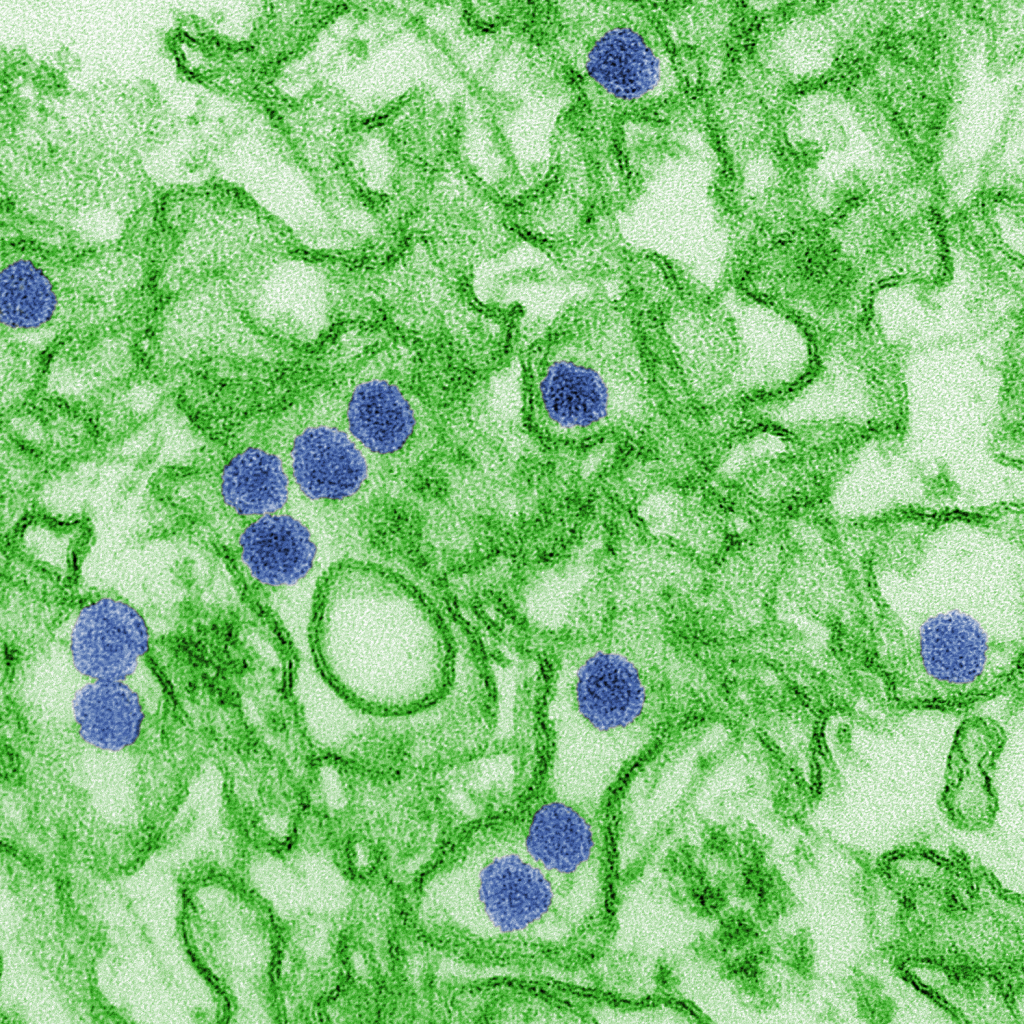Diagnostics maker Abbott, has announced that their RealTime Zika test has been approved to detect the virus in whole blood samples, for emergency use. According to the company, this is the first commercial molecular test to be authorized by the US Food and Drug Administration (FDA) to detect Zika in whole blood samples.
Compared to serum and urine samples, the Zika virus can be detected in whole blood samples for a longer time period as the pathogen remains in the blood at higher levels. One of the conditions of the authorization of Abbott’s Zika test is that the whole blood sample be collected from a patient alongside a serum or plasma sample.
“Diagnosing a Zika infection can be challenging, especially since people might not have any symptoms or only have mild symptoms that last a few days,” said Dr. John Hackett, divisional vice president, applied research and technology, Diagnostics Products, Abbott. “Abbott’s molecular test may provide the ability to identify the active virus over a longer time period with whole blood and could provide a more accurate diagnosis. Our test can also distinguish Zika from other viruses such as dengue or chikungunya, which helps doctors make informed diagnoses to help people get back to better health.”
The RealTime Zika test is compatible with Abbott’s m2000 RealTime System, which is used as a molecular diagnostics instrument in hospitals and reference laboratories in the US and other countries. The test is highly sensitive and produces results in five to seven hours.
The diagnostic is also automated, making it less labor-intensive for laboratory staff. This automation also helps mitigate the risk of human error, and reduces the wait time for results.
While media coverage of the Zika virus outbreak has diminished, the World Health Organization (WHO) still believes that Zika is a major public health challenge. While the infection is often asymptomatic, it has been linked to serious birth defects, making it important that possible cases are diagnosed early.












Join or login to leave a comment
JOIN LOGIN